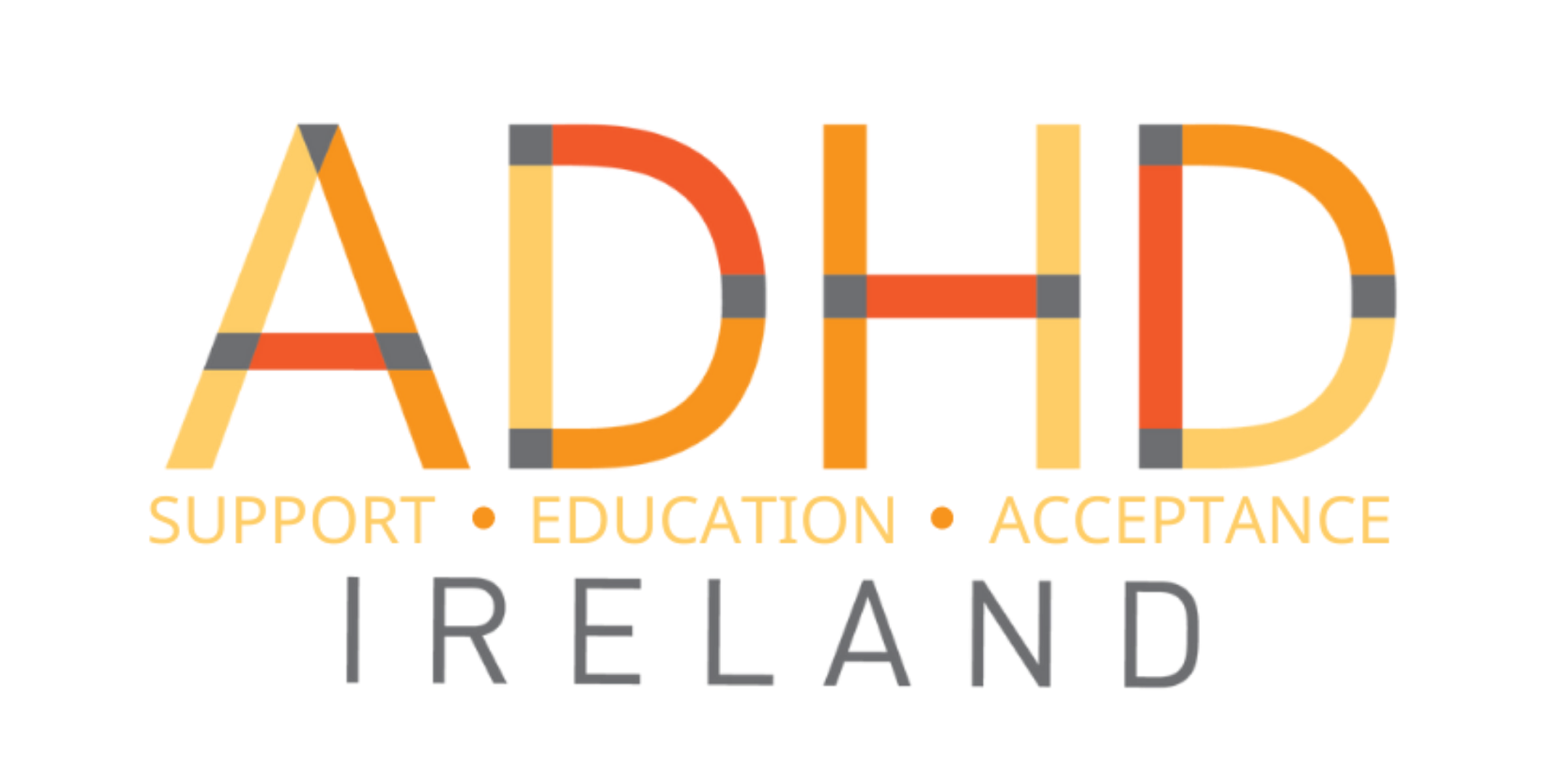What does ADHD in adults look like especially in cases where it has never been formally diagnosed by a medical practitioner?
Adults with ADHD report difficulties in areas such as remembering, concentration, personal organisation and planning as well as behavioural, emotional and social problems.
According to Dr. Thomas E. Brown of the Yale University School of Medicine, “ADHD is essentially a name for developmental impairment of executive function.” Executive functions are the skills involved in planning, selective attention, motivation, and impulse control.
Adults with ADHD have problems in six major areas of executive functioning:
- Activation – Problems with organization, prioritizing, and starting tasks.
- Focus – Problems with sustaining focus and resisting distraction, especially with reading.
- Effort – Problems with motivation, sustained effort, and persistence.
- Emotion – Difficulty regulating emotions and managing stress.
- Memory – Problems with short-term memory and memory retrieval.
- Action – Problems with self-control and self-regulation.
American research indicates that up to 60% of those diagnosed with childhood ADHD continue to suffer the symptoms through adulthood. Therefore ADHD in adults is a serious issue that can create many difficulties for sufferers and society at large. It is also suggested that ADHD in adults is more evenly distributed among the sexes with as many women reporting symptoms of ADHD as men.
How Is Adult ADHD Diagnosed?
To receive an ADHD diagnosis, you will need to visit a psychologist or psychiatrist with experience in diagnosing and managing ADHD.
It is believed that ADHD is not an adult – onset disorder and can be verified from a review of childhood behaviours. An assessment may look back on childhood behaviour including school reports of inattentiveness, behaviour problems and underachievement as well as discussions with parents as to any childhood symptoms or family history of ADHD. This would be in addition to obtaining a complete self-report from the adult themselves of their symptoms. Other tests would be carried out to determine any medical or neurological illnesses or specific learning difficulties.
PLEASE BE AWARE – If you receive an ADHD report from a psychologist and wish to take medication, you will have to be re-diagnosed by your doctor or psychiatrist. You will not be able to use your psychologist report to acquire medication.
Treatments
Drug treatments seem to be a very effective part of the management of ADHD in adults with up to two thirds of adults in American studies showing a significant improvement in their symptoms when using medication. However, sometimes adults with ADHD have difficulties taking stimulant drug treatments because of a past history of stimulant drug abuse, or the requirement for them to remember to take the right dose at the right time. Since 2003, non stimulant medications for the treatment of ADHD symptoms have been available and the good news is that these drugs do not have abuse potential.
Behavioural treatment approaches are also strongly recommended for the treatment of adults with ADHD symptoms and a combined approach of both drug and behavioural therapies have been found to be the most effective. There are many different therapies available and they are tailored to meet specific challenges of ADHD. For example;
- Individual cognitive and behavioural therapy to enhance self-esteem.
- Relaxation training and stress management to reduce anxiety and stress.
- Behavioural coaching to teach the person strategies for organizing home and work activities.
- Job coaching or mentoring to support better working relationships and improve on-the-job performance.
- Family education and therapy.
There is no doubt that the diagnosis and treatment of ADHD as early in life as possible is the ideal situation. However there is compelling evidence that no matter how late the diagnosis is made, with the correct interventions and commitment, adults with ADHD can improve the quality of their lives. This of course assumes that they have access to interventions such as drug and behavioural therapies that can meet their specific needs.
Contact us for more information or click here for a full list of Clinicians around Ireland offering ADHD assessments and supports.
